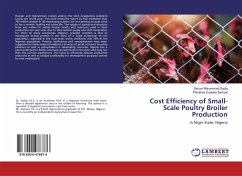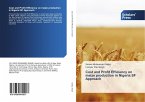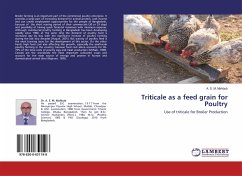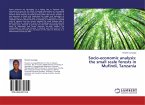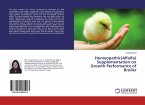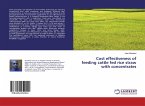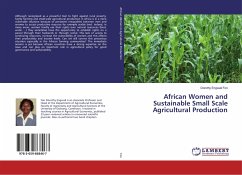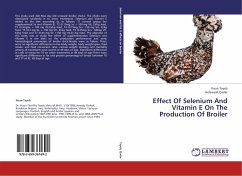Hunger and malnutrition remain among the most devastating problems facing the world poor. The food insecurity report by FAO estimated that 799 million people in 98 developing nations are not getting enough food to live a normal, healthy and active life. The supply of agricultural products from any nation to satisfy human wants and resources used in their production are very vital, due to their limited supply and stiff competition for them by many enterprises. Nigeria's greatest problem is that of inadequate animal protein in the diets of a large proportion of the population, especially in the rural areas which constitute over 70% of the Nigerian population. Poverty, inefficiency and unemployment have been suggested by many empirical evidences as areas of great concerns to policy planners as well as policymakers in developing countries. Nigeria has a great potential for better economic growth both in the short and long-run than the current experiences. The need to efficiently allocate productive resources as well as analyze profitability for development purposes cannot be over emphasized.
Bitte wählen Sie Ihr Anliegen aus.
Rechnungen
Retourenschein anfordern
Bestellstatus
Storno

